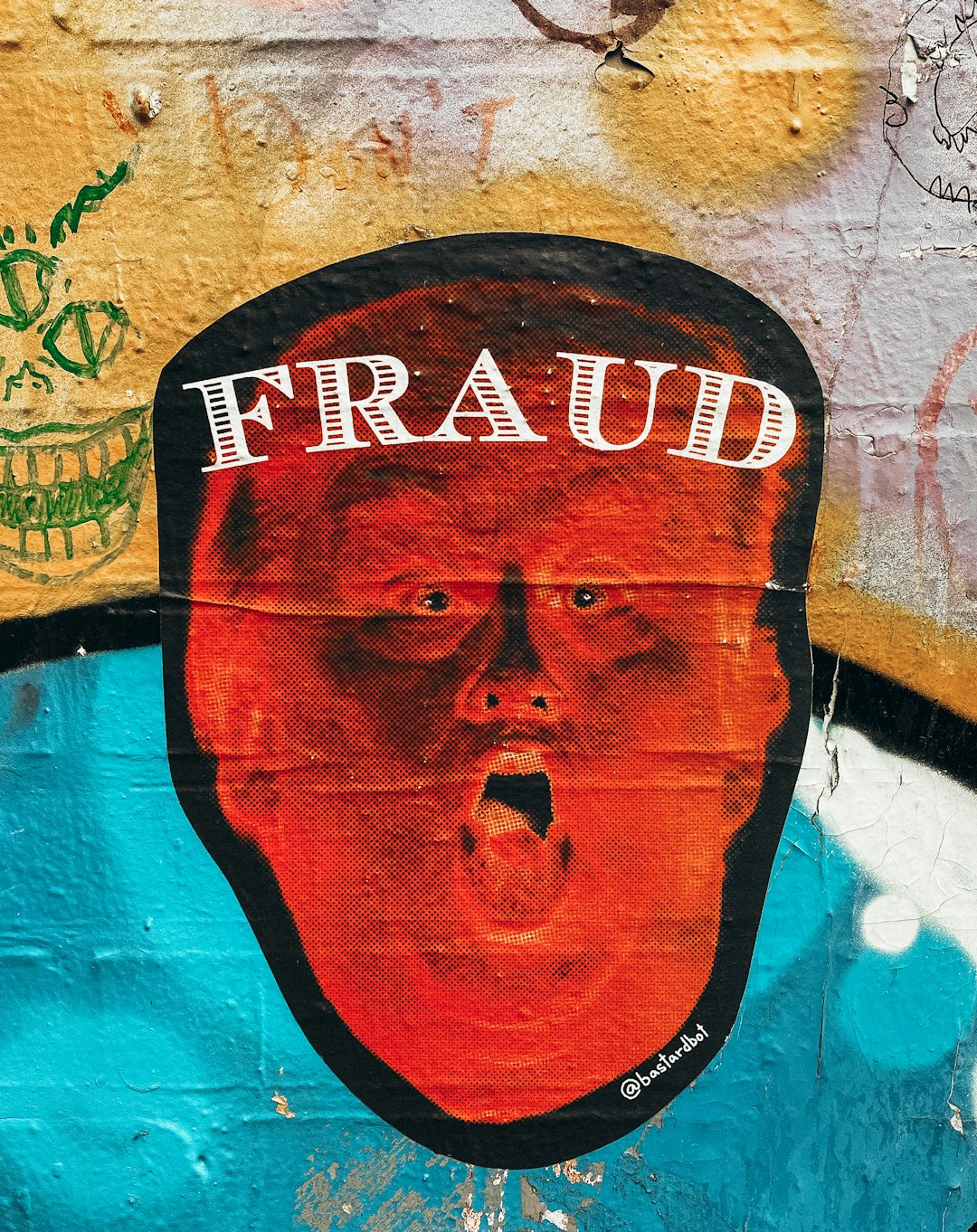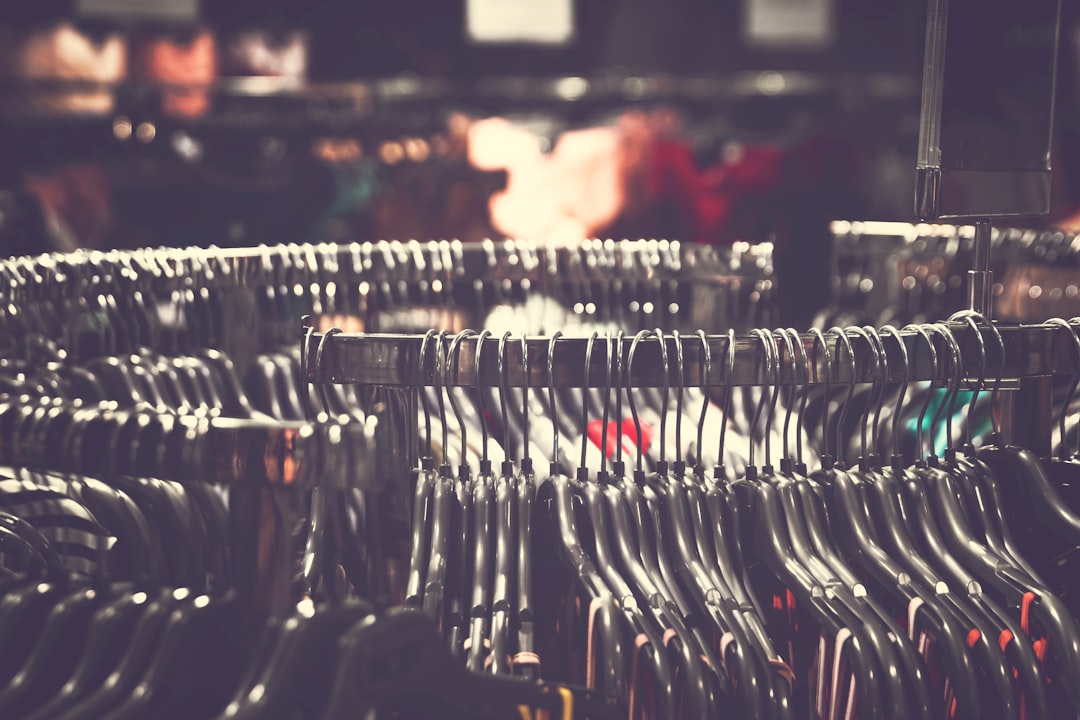Buying and selling secondhand clothing online has become a booming industry. Whether you’re looking to declutter your closet, make some extra cash, or discover unique fashion pieces, platforms like Depop offer exciting opportunities. But with the rise of peer-to-peer marketplaces, one question often arises: Is Depop a legit marketplace or a scam risk? Let’s unpack what makes Depop both innovative and, at times, problematic, so you can decide if it’s the right place for your online fashion dealings.
What is Depop?
Depop is a peer-to-peer social shopping app that allows users to buy and sell secondhand and vintage fashion. Think of it as a hybrid between Instagram and eBay — users can create shop-like profiles, share visually appealing photos of their items, and interact with buyers and sellers through likes, comments, and direct messages.
Founded in 2011 in Milan and now headquartered in London, Depop quickly gained traction among Gen Z and Millennial users. The app stands out for its youthful vibe, creative aesthetic, and focus on sustainable shopping through reusing clothes rather than buying new.
How Depop Works
- Sellers create a profile, upload photos, set prices, and write descriptions for the items they want to sell.
- Buyers browse by category, hashtag, or search term, and can follow shops, like items, or make purchases through integrated payment systems like PayPal.
- The app facilitates communication between users and handles disputes when necessary, while the actual shipping and transactions are the responsibility of the users.

Advantages of Depop
There’s a reason Depop has become a darling of the resale world. The platform has several strong points that make it appealing to both buyers and sellers.
1. Unique and Trendy Fashion:
If you’re tired of mall fashion and looking for that needle-in-a-haystack thrift find, Depop is your playground. Vintage concert tees, rare sneakers, Y2K accessories—you name it, it’s probably there.
2. Eco-Friendly Shopping:
Shopping secondhand is a sustainable choice and helps reduce the environmental impact of fast fashion. Depop’s marketplace aligns well with the values of environmentally conscious consumers.
3. Personalized Experience:
The social aspect of Depop makes it fun to use. You can follow your favorite sellers, share styles with friends, and curate a personal feed that caters to your fashion taste.
4. Entrepreneurial Opportunities:
For creative young people, Depop offers a gateway into entrepreneurship. Some users have even turned their side hustle into a full-time career, launching successful fashion brands through the app.
Concerns and Drawbacks
Despite its benefits, Depop isn’t without downsides. Like all online marketplaces, it has grey areas that can be problematic.
1. Risk of Scammers:
Since Depop relies on peer-to-peer transactions, there’s always a possibility of encountering dishonest users. Some notorious scam tactics include:
- Sellers who take payment but never ship the item.
- Buyers who falsely claim the item was never received to get a refund.
- People using fake accounts with stolen photos to lure unsuspecting buyers.
2. Inconsistent Quality:
Because items are sold by individuals rather than vetted stores, the condition of items is not standardized. While some sellers are meticulous with their listings, others may provide vague or misleading descriptions.
3. Limited Buyer Protections:
Depop offers some safeguards for buyers—like PayPal’s Buyer Protection—but ultimately, it’s a less secure environment than traditional online stores. Problems with transactions may entail drawn-out disputes, and users often have to rely on external support services like PayPal rather than Depop itself.
4. High Competition for Sellers:
If you’re looking to sell, breaking through the noise on Depop can be challenging. With thousands of users uploading new listings daily, garnering attention requires great photos, descriptions, and the right pricing strategies.

Is Depop Safe for Buyers?
Generally speaking, buying on Depop can be safe, especially if you stick to recommended guidelines.
Here are a few tips to stay safe as a buyer:
- Only pay through Depop or PayPal. Avoid users who ask for Venmo, Cash App, or gift card payments.
- Check the seller’s reviews and ratings. A healthy review history is a good sign of reliability.
- Ask for more photos or details if something seems off.
- Be cautious of deals that seem too good to be true. Super low prices on expensive items often indicate a scam.
Most issues on Depop happen when users bypass platform protections or ignore red flags. Stick with in-app communications and payments to reduce your risk.
Is Depop Safe for Sellers?
Selling on Depop can be a worthwhile venture, but it also carries potential risks, notably from fraudulent buyers or chargebacks.
Tips for sellers to protect themselves:
- Always ship with tracking to prove delivery in case of disputes.
- Keep clear and honest records of all transactions and item conditions.
- Communicate using the app rather than off-platform, which helps in case Depop needs to intervene.
- Avoid custom deals outside the app, which void protections from PayPal or Depop.
Many sellers have positive experiences on Depop, but it’s vital to educate yourself and proceed with caution.
Depop’s Efforts to Improve Security
To address issues of fraud and improve trust, Depop has introduced several features:
- Verified Accounts: These accounts display trust signals to help users distinguish serious sellers.
- In-App Messaging and Payment Enforcement: The platform encourages all communications and payments to stay within the app for easier dispute handling.
- Reporting Tools: Users can report suspicious listings or behavior directly through the app.
These improvements show that Depop takes fraud seriously, but like all marketplaces, there’s only so much they can control when dealing with millions of users.
Red Flags to Watch For
Here are some common warning signs whether you’re buying or selling:
- Generic product photos or images copied from Google.
- Overly vague listings, missing item condition details.
- Pressure for fast payment through alternative means.
- Accounts with no reviews or overly positive, suspicious feedback.
Conclusion: So, Is Depop Legit?
In short: Yes, Depop is a legitimate marketplace, but like many peer-to-peer platforms, it comes with its own set of risks.
If you follow best practices, use in-app payment systems, and trust your instincts, you’re very likely to have a safe and enjoyable experience. Millions of users buy and sell successfully on Depop every day—but it’s not entirely scam-proof. Being an informed and cautious user is the best way to make the most out of what Depop offers.
Ultimately, Depop is a vibrant, community-driven platform that rewards creativity, sustainability, and business-savvy. Just remember to click carefully.




Leave a Reply